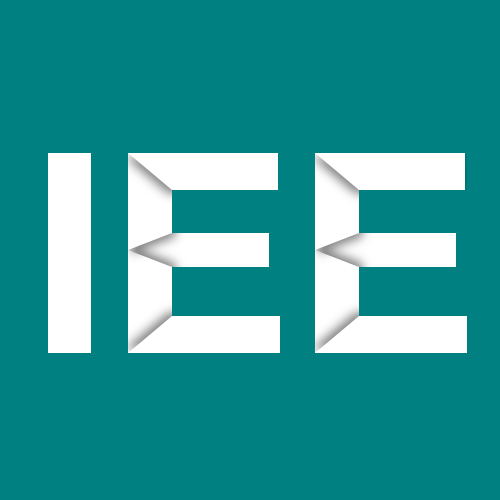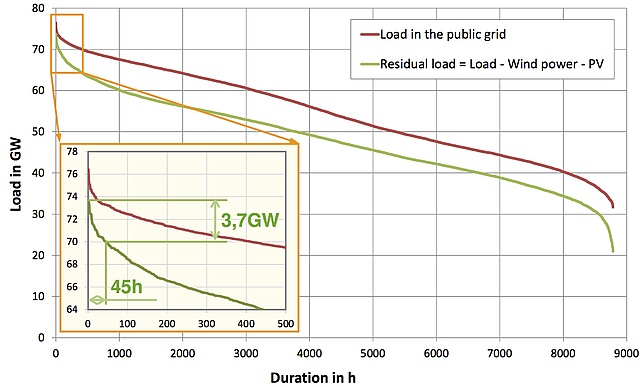Today’s electricity system has to cope with a lot of new challenges, such as an annual increase in electricity demand, an increasing share of decentralized RES, a difficult to finance and aging infrastructure, high amortization periods for new projects, as well as the increasing public opposition regarding new projects. Consumer-side measures can help to operate the entire system technically and economic more efficient as well as to balance electricity supply and demand. Regarding electricity generation and network operation, the electric power system has to be able to cope with peak loads. Therefore, about 10% of the electricity generation infrastructure are operated to cover peaks, which occur in less than 1% of time. This trend is reinforced by the increasing electricity generation from RES.
The focus of the project lies on the investigation of beyond-state-of-the-art demand response technologies, which address different stakeholder’s interests (TSO, DSO, utilities, industries) by combining new and comprehensive business models. With a wide range of controllable capacities from different areas (from cooling systems to complex industrial processes) and branches (from hospitals to steel industry), a large amount of decentralized, aggregating and controllable loads is available. These flexibilities can be offered at different electricity markets.
Firstly, the investigation of commercial, market-related, technological, environmental and social aspects is based on literature reviews, expert workshops and interviews. On this basis, detailed potential assessments were performed and new application concepts and business models were developed. Additionally, an in-depth simulation, using ATLANTIS simulation model, of the impacts on the electricity system was carried out.
The results show that the provision of tertiary balancing power and the internal compensations in the balancing groups is, considering today’s circumstances, the most interesting application. From the TSO point of view, measures for re-dispatch and emergency reserves represent potential areas of application. By analysing business models, it became evident that annual costs for a demand response solution in Austria should not exceed 50,000 EUR. Basically, a variety of loads should be brought together in a pool, whereby the establishment of a demand response balancing group appears to be a promising possibility. Various stakeholders are aware of the difficult market environment; nevertheless, they stressed the increasing importance of demand response in the next years. Demand response can be used by electricity suppliers in order to strengthen customer loyalty and to increase the reputation of the company’s strategy. Distribution system operators see the need for load management systems in the medium term, where combining technically required and market-driven measures is likely to be successful. For this application, the dual-VPP was developed. Obstacles mainly occur in the areas of monitoring, baseline calculation, technical communication and awareness raising. Concerning the latter, the project did achieve to make considerable progress through various communication channels in Austria.
In-depth simulations of the electricity system demonstrated the positive impact of demand response. The reduction of production costs should especially be emphasised as well as the potential for decreasing CO2 emissions and the possible support of RES integration and network operation.



